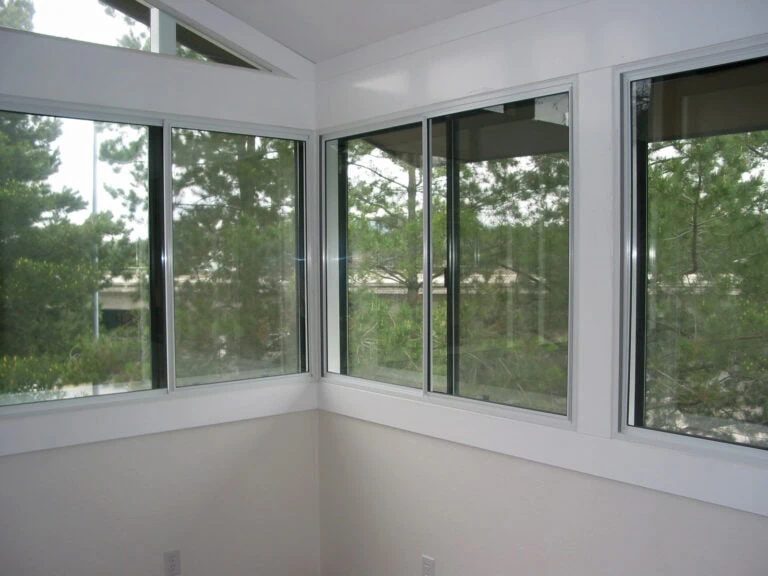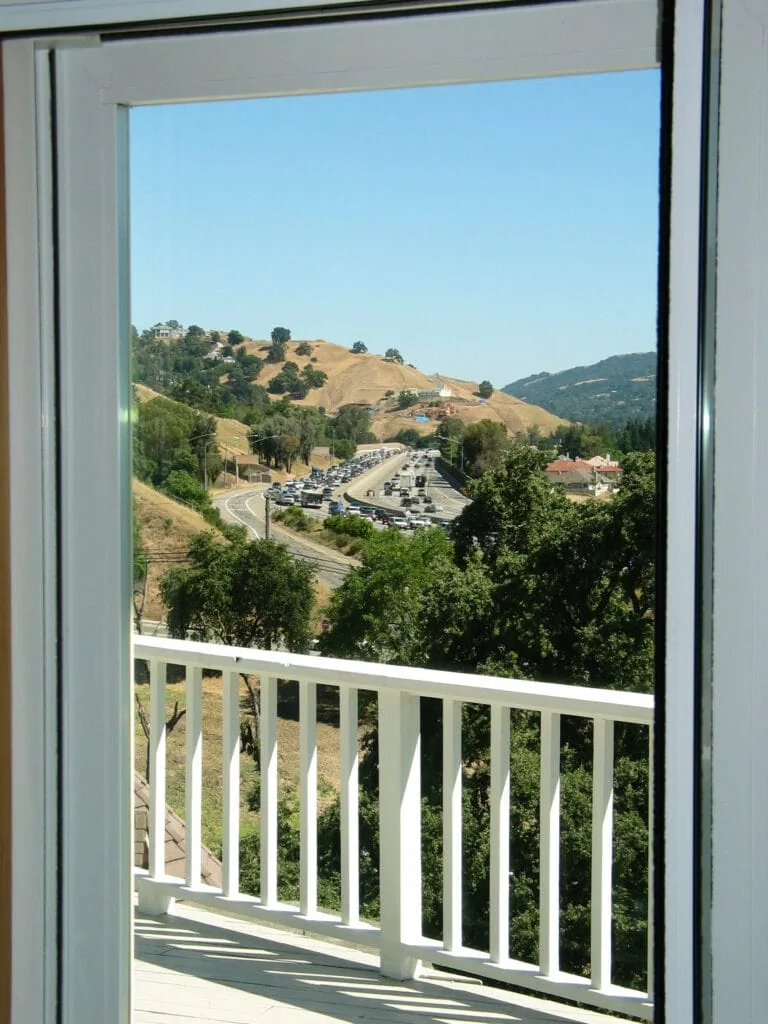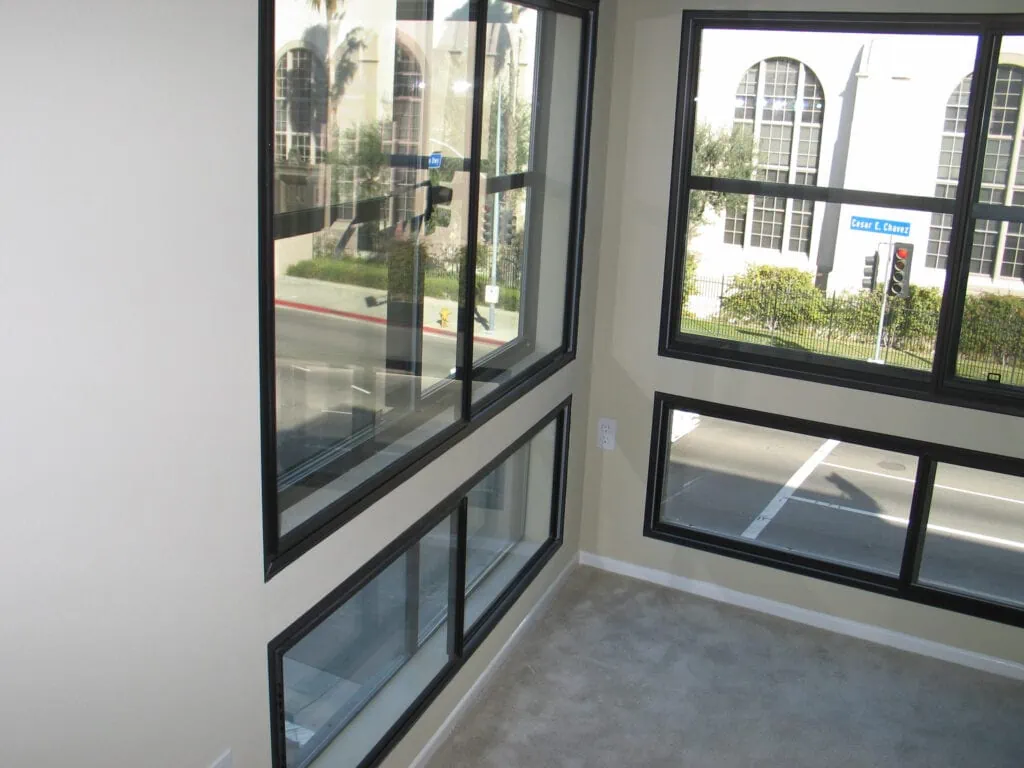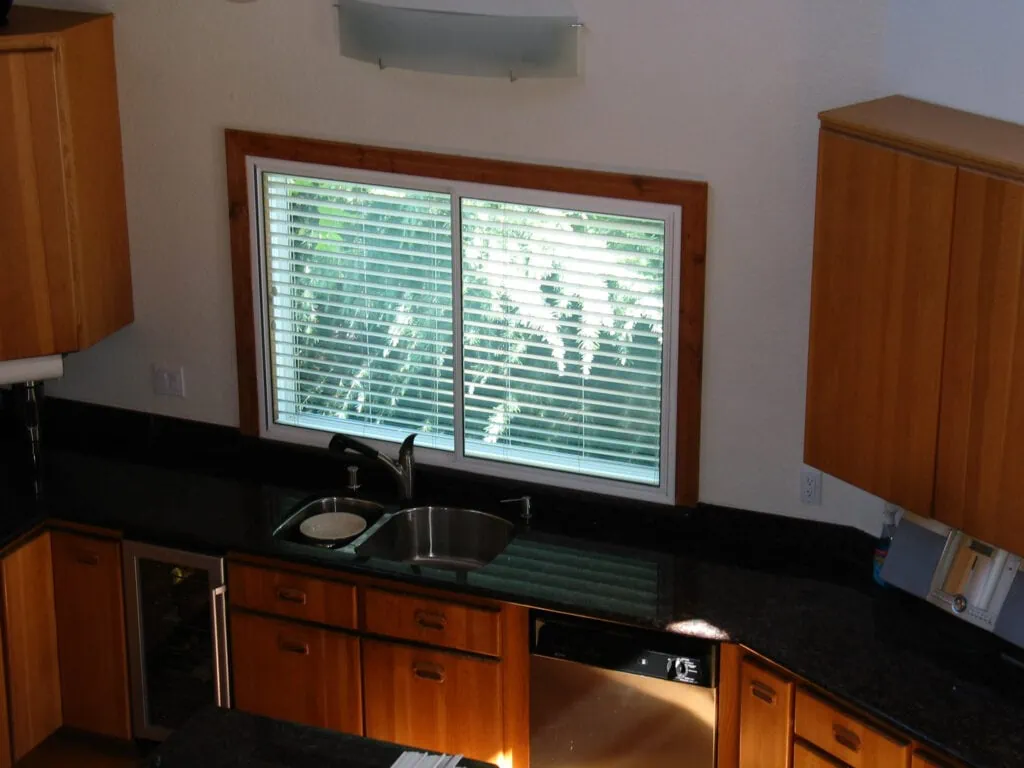“Soundproof” windows that eliminate up to 95% of exterior noise can be installed without replacing existing windows for roughly the same cost or less. The approach brings peace and quiet to the home near roads, highways, or urban sprawl.
By Del Williams
For many homeowners, soundproofing their home to eliminate the cacophony of nearby traffic, loud neighbors, leaf blowers, barking dogs, and sirens can be critical to “maintain their sanity” and keep peace in the neighborhood. Although research indicates that most external noise passes through windows, many feel that replacing their home’s existing windows is not feasible due to the cost, demolition, and disruption involved.
The good news is that window replacement is not necessary to resolve the issue. Today, soundproof windows eliminate up to 95% of outside noise and can be quickly installed without window replacement at roughly the same cost.
“When people think of soundproof windows, they immediately assume that the existing windows will all have to be replaced, but there is no need to remove or replace the existing windows to eliminate outside noise,” says Randy Brown, President of Soundproof Windows, Inc., a national manufacturer of window and patio door soundproofing products that has refined its technology from working with sound recording studios over decades.
“A soundproof window is a second professionally engineered window placed inside the existing window, with an appropriate air gap and long-lasting seals, that can open and close just like the existing one,” adds Brown.
According to Brown, a soundproof window can dramatically reduce the intrusion of outside noise, effectively doubling a single pane window Sound Transmission Class (STC) rating from 26-28 to 48-54. This far surpasses a double-pane window’s STC Rating of 26-32.
Because no window replacement is required, the installation can take less than one hour per window while minimizing mess and disruption. Qualified contractors and even handy DIYers can install soundproof windows where necessary, providing considerable savings versus traditional window replacement.
The soundproof windows also enhance comfort and energy savings with extra thermal insulation and can even increase home value.
Traditional Solutions
Contractors advise many homeowners looking to reduce external noise to install double-pane windows. A double-paned window, constructed with two panes of glass in a frame, contains air space filled with gas such as argon, xenon, or krypton.
However, the purpose of this gas is to enhance the window’s insulation capabilities, not block noise. Although separating two panes of glass and filling the gap with gas can reduce noise, the reduction is only from 0% to 20%, which is slightly more than traditional single-pane windows.
When replacing windows for noise reduction, contractors typically change out all the existing single-pane windows throughout the house. The challenge is that the window replacement process can be disruptive and messy. Window replacement also sometimes requires patching and repainting any exterior wood or stucco damaged during installation, as well as installing and painting new casing and trim molding.
On the other hand, soundproof windows are specifically designed to reduce intrusive noise from entering on three fronts: the type of materials used to make the pane, the ideal air space between the original window and insert, and the use of improved, long-lasting seals. The combination can reduce external noise by up to 95%.
The first noise barrier is laminated glass, which dampens sound vibration much like a finger on a wine glass stops it from ringing when struck. An inner PVB layer of plastic further dampens sound vibrations.
An air gap of 2 to 4 inches between the existing window and the soundproof window also significantly improves noise reduction because it isolates the window frame from external sound vibrations.
Finally, spring-loaded seals put a constant squeeze on the glass panels, which prevents sound leaks and helps to stop noise from vibrating through the glass. Designers created the spring-loaded seals to stay acoustically sound for 15 years.
“There is no heavy construction involved so installation can take as little as 30 minutes per window without the complexity, disruption, mess, and cleanup of traditional window replacement,” says Brown.
He adds that the approach can also end up costing much less than window replacement.
“Selectively adding a soundproof window to only areas exposed to noise, such a bedroom facing a street, can also save a considerable amount compared to window replacement [where all windows are typically replaced at once],” says Brown.
The Benefit of Peace and Quiet
Whether the noise problem is due to intrusive street traffic, planes, trains, construction, rowdy neighbors, nightlife, or special events, the soundproofing technology quiets the clamor, which enables more restful sleep and more peaceful conversation at home.
A quieter home environment can also increase focus and productivity for those working at home or telecommuting. Those who pursue online learning or homeschooling can similarly benefit from the reduced noise intrusion.
While contractors and homeowners have traditionally thought of window replacement to quiet noise, adding soundproof windows is a much faster, simpler, and less disruptive option to cost-effectively resolve the issue.
For more information, contact Soundproof Windows, Inc. at 4673 Aircenter Circle, Reno, NV 89502; call 1-877-438-7843; email [email protected]; or visit www.soundproofwindows.com
Del Williams is a technical writer based in Torrance, California.






